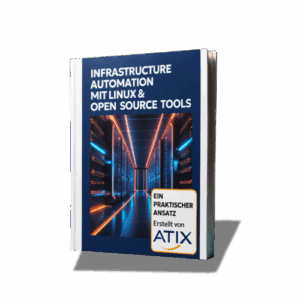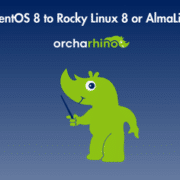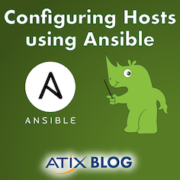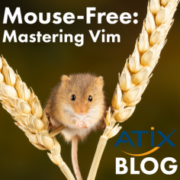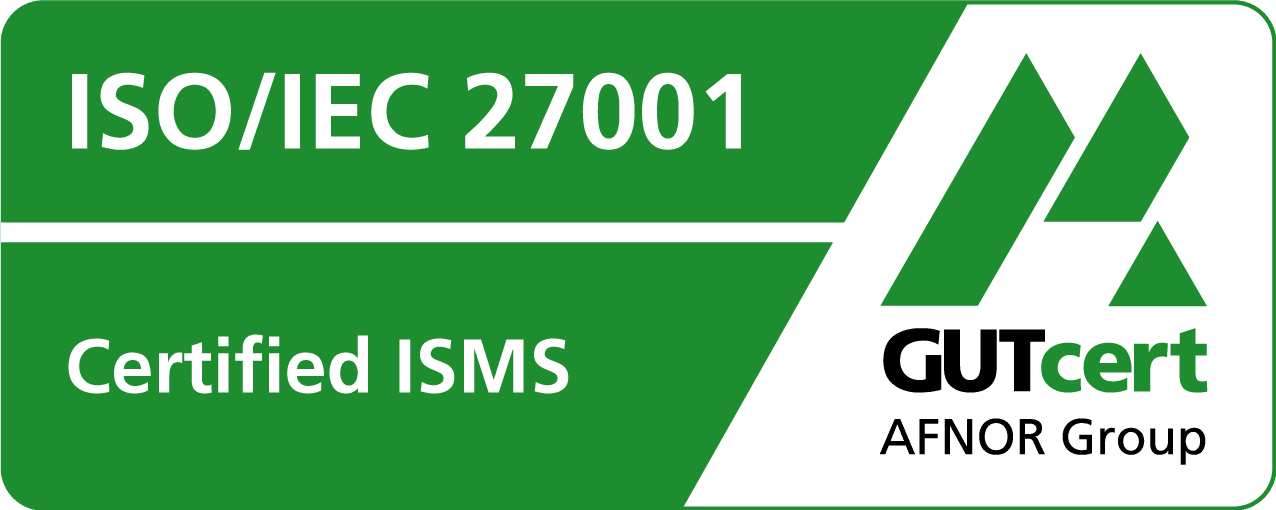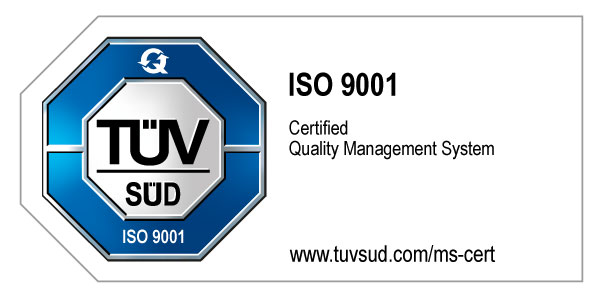Oracle Linux Manager is EOL – Guide to migration
Oracle Linux Manager and Oracle Linux 7 are still in the extended support phase for a limited time. As a replacement for Oracle Linux Manager, Oracle recommends its OS Management Hub. This is part of Oracle Linux Support and based on the Oracle Cloud Infrastructure (OCI) Compute subscription which is available to customers exclusively as a managed service. Administrators and IT decision-makers are now faced with the challenge of migrating Oracle Linux Manager to a future-proof, flexible, and production-ready alternative for managing large Enterprise Linux environments — especially for on-premises operations or in security-critical (air-gapped) infrastructures. Selecting the right Oracle Linux Manager alternative is essential for maintaining control over complex Linux system management tasks in such environments.
Background: The end of support for Oracle Linux Manager
The discontinuation of Oracle Linux Manager marks the end of an era of local lifecycle management for Oracle Linux hosts operated by administrators themselves. The product, which was originally based on Spacewalk, was used for many years by companies worldwide to centralize software distribution, patching processes, system registration and inventory.
The official documentation (see Oracle Linux Manager Docs) confirms, thatno further developmentwill take placeand that the product will not receive any support.Extended support will also end in 2026. Users are encouraged to migrate to modern alternatives. This poses a particular challenge for companies with strict data protection or compliance requirements (e.g. critical infrastructure, public sector clients).
Oracle Linux and other RHEL-based Linux distributions
Oracle Linux is technically based on the source code of Red Hat Enterprise Linux (RHEL), but comes with its own adaptations – including the Unbreakable Enterprise Kernel (UEK). While Oracle wants to demonstrate a certain independence with this, compatibility with RHEL is fundamentally maintained. This is also desired. In many companies, Oracle Linux tends to be positioned as a cheaper RHEL alternative.
In practice, numerous RHEL-based distributions are used, including
- Red Hat Enterprise Linux (RHEL):
industry standard, commercially supported by Red Hat. - AlmaLinux und Rocky Linux:
Community-driven successors to CentOS, fully binary-compatible with RHEL. - Oracle Linux:
Free to use, optional paid support, deep OCI integration. - SUSE Liberty Linux:
A RHEL-compatible distribution provided by SUSE, especially for companies with mixed Linux environments. Part of the OpenELA initiative (Open Enterprise Linux Association), which provides an open, standardized basis for RHEL-compatible distributions.
The choice of operating system directly influences the selection of compatible management tools.
Alternatives to Oracle Linux Manager
The following solutions are available as replacements for managing large Enterprise Linux-based environments – each with their own advantages and disadvantages:
1. OS Management Hub (Oracle)
The OS Management Hub is part of the Oracle Linux Support or OCI Compute subscription and is only available as a cloud service. The advantages are simple operation and direct manufacturer support. However, the limitations are not insignificant:
- No support for third-party systems (Oracle Linux only)
- Limited functionality compared to classic Linux management tools
- No on-premises operation, unsuitable for airgapped or security-critical (KRITIS) environments
- Vendor lock-in due to exclusive cloud availability
Product page: https://www.oracle.com/cloud/compute/os-management/
2. Red Hat Satellite
Red Hat Satellite is the established tool for centralized administration of RHEL systems. It supports:
- Provisioning
- Configuration management (Ansible, Puppet)
- Patching
- Subscription management
However, the solution is limited to RHEL systems and is associated with high subscription costs. Companies with heterogeneous environments reach their limits here.
Product page: https://www.redhat.com/en/technologies/management/satellite
3. SUSE Multi-Linux Manager
SUSE Multi-Linux Manager is suitable for heterogeneous Linux environments. The key points are
- based on Uyuni – a fork of Spacewalk
- optimized for SUSE environments
- has no native RHEL integration
- is therefore mainly suitable for SUSE environments.
Product page: https://www.suse.com/products/multi-linux-manager/
4. orcharhino
orcharhino is a lifecycle management tool for heterogeneous environments. It is based on established open source components such as Foreman, Katello and Pulp and offers:
- Support for RHEL, AlmaLinux, Rocky Linux, SLES, Debian/Ubuntu as well as Microsoft Windows
- Patching, provisioning, configuration management and reporting
- REST API for automation
- Operation completely on-premises or in the cloud
- Optionally also as a managed service by ATIX
- Enterprise support at competitive prices
orcharhino is therefore particularly suitable for companies that require a central solution for their entire infrastructure – regardless of the operating system selected.
Product page: https://orcharhino.com/
Conclusion
All the products presented use a subscription model. The selection of a successor to Oracle Linux Manager depends largely on the technical and organizational requirements:
|
Solution |
On-Premises |
Multi-OS |
Vendor lock-in |
Costs |
|
OS Management Hub |
✗ |
✗ |
High (Oracle) |
Low |
|
Red Hat Satellite |
✓ |
✗ |
High (Red Hat) |
Very high |
|
orcharhino |
✓ |
✓ |
None |
Medium |
|
SUSE Multi-Linux Manager |
✓ |
✓ |
Rather for SUSE |
High |


